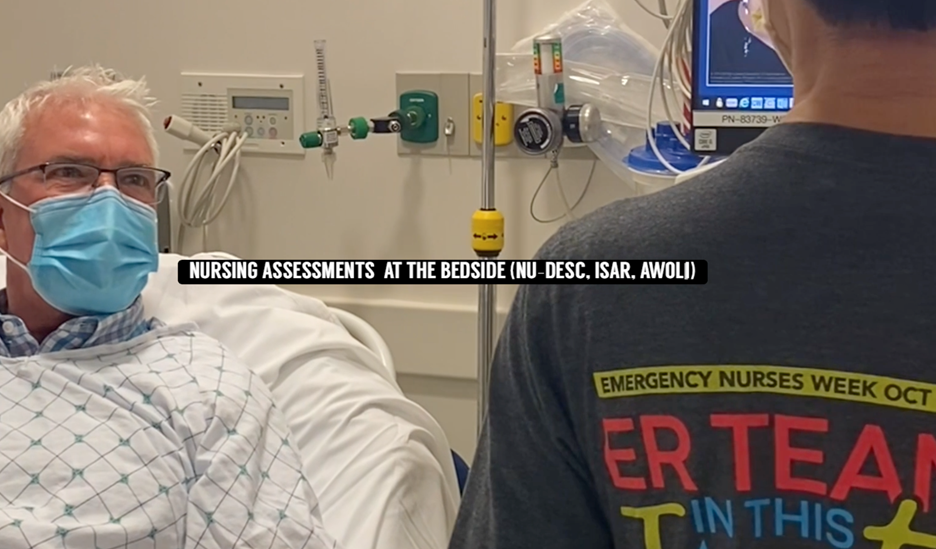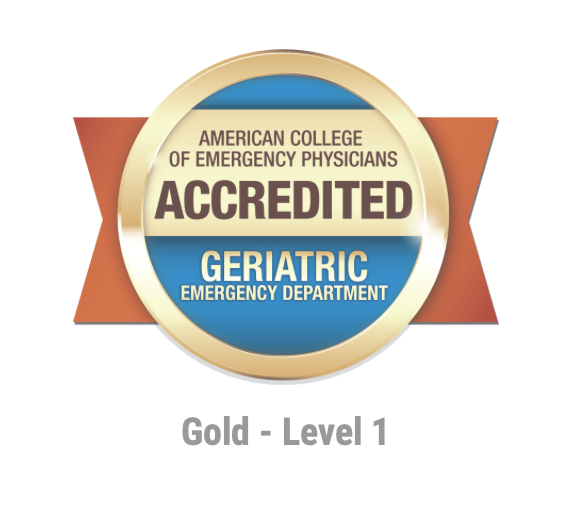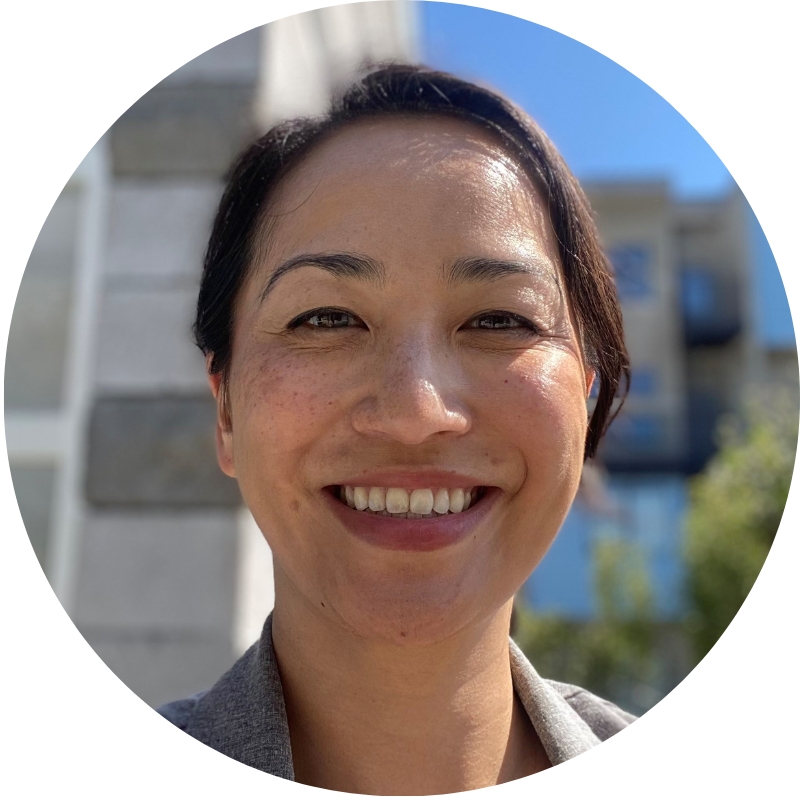Age-Friendly Emergency Department (AFED)

About Us
The UCSF Emergency Department, in partnership with the Division of Geriatrics, operates an Age-Friendly Emergency Department Consult Service (AFED). The AFED is accredited by the American College of Emergency Physicians (ACEP) as Level 1, which signifies the highest status and demonstrates an exemplary experience for older adults. An Advanced Practice Provider (NP and PA), Pharmacist, and Social Worker comprise an interprofessional team providing consultative services in concert with emergency department nurses and physicians. The Age-friendly care pathway addresses hazards of acute care hospitalization, early detection of geriatric syndromes, intervenes during medication reconciliation, refers directly for formal cognitive evaluation, and connect patients, families, and caregivers to the broader health system and community partners.

Age-friendly EDs (GED) embrace a variety of best practices including:
- Supporting geriatric-focused education and interdisciplinary staffing
- Providing standardized approaches to care addressing common geriatric challenges
- Ensuring optimal transitions of care from the ED to other settings (inpatient, home, community-based care, rehabilitation, long-term care)
- Promoting quality improvement and enhancements, with a geriatric-focus on the ED physical environment, including the use of supportive supplies for ED nursing care
- Communicating care management recommendations in all transitions to primary care providers and hospital-based teams.
Age-friendly ED Consult Team








UCSF
Mission:
Ensure a patient-valued older adult emergency department experience through high quality resource optimization, community relationships, diversity of engaged health professionals, respecting the patient desire to attain their desired level of independence and function.
Vision:
Create a comprehensive and age-friendly care model tailored to the older adult patient and their caregivers in the emergency department focusing on those at risk for cognitive dysfunction, unrecognized or pre-existing dementia, or challenged functional capacity.
Values:
Age-friendly, optimized independence, patient-valued with a sensitivity to diversity and caregiver support.
UCSF Geriatric Inpatient Services webpages managed by: [email protected]
